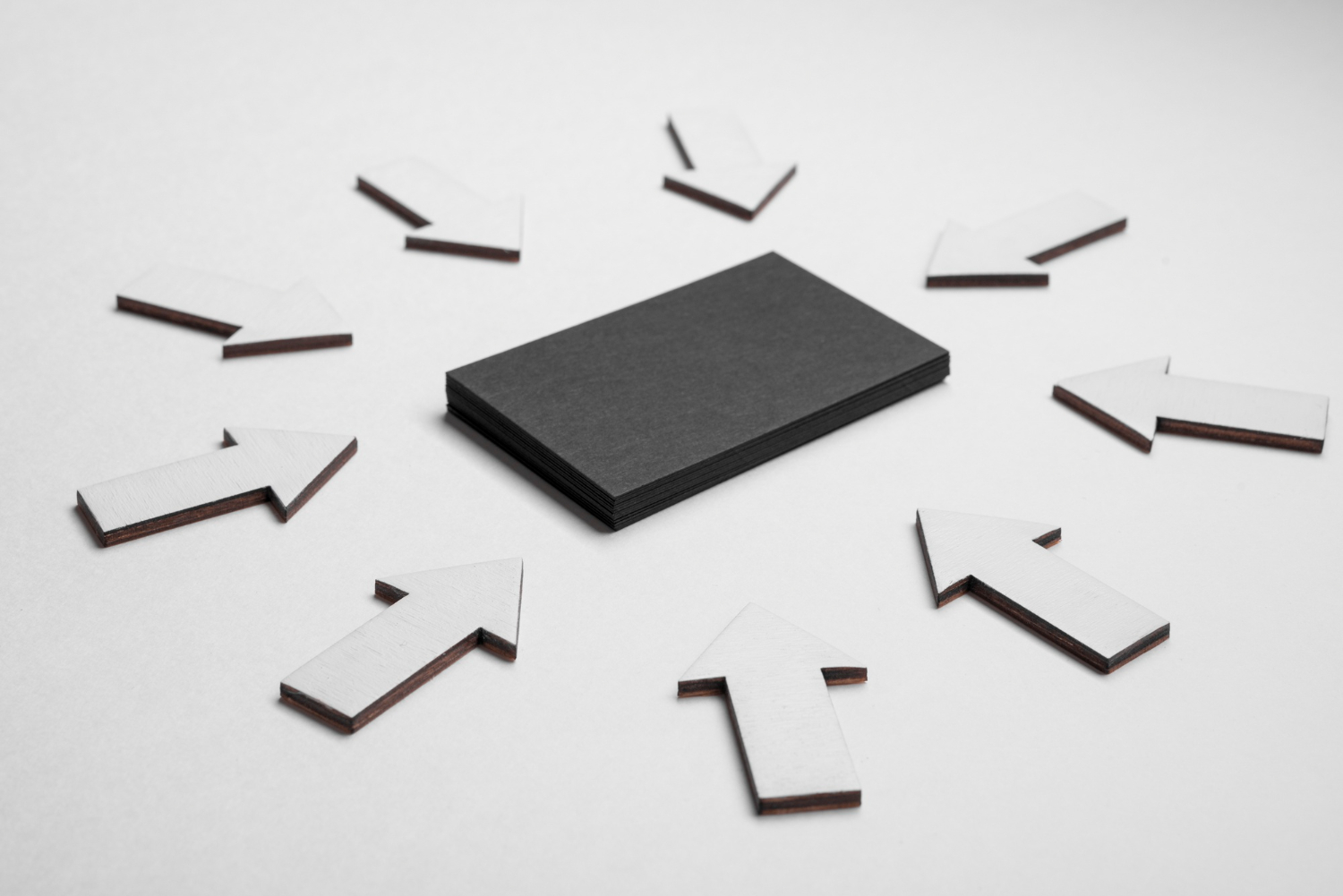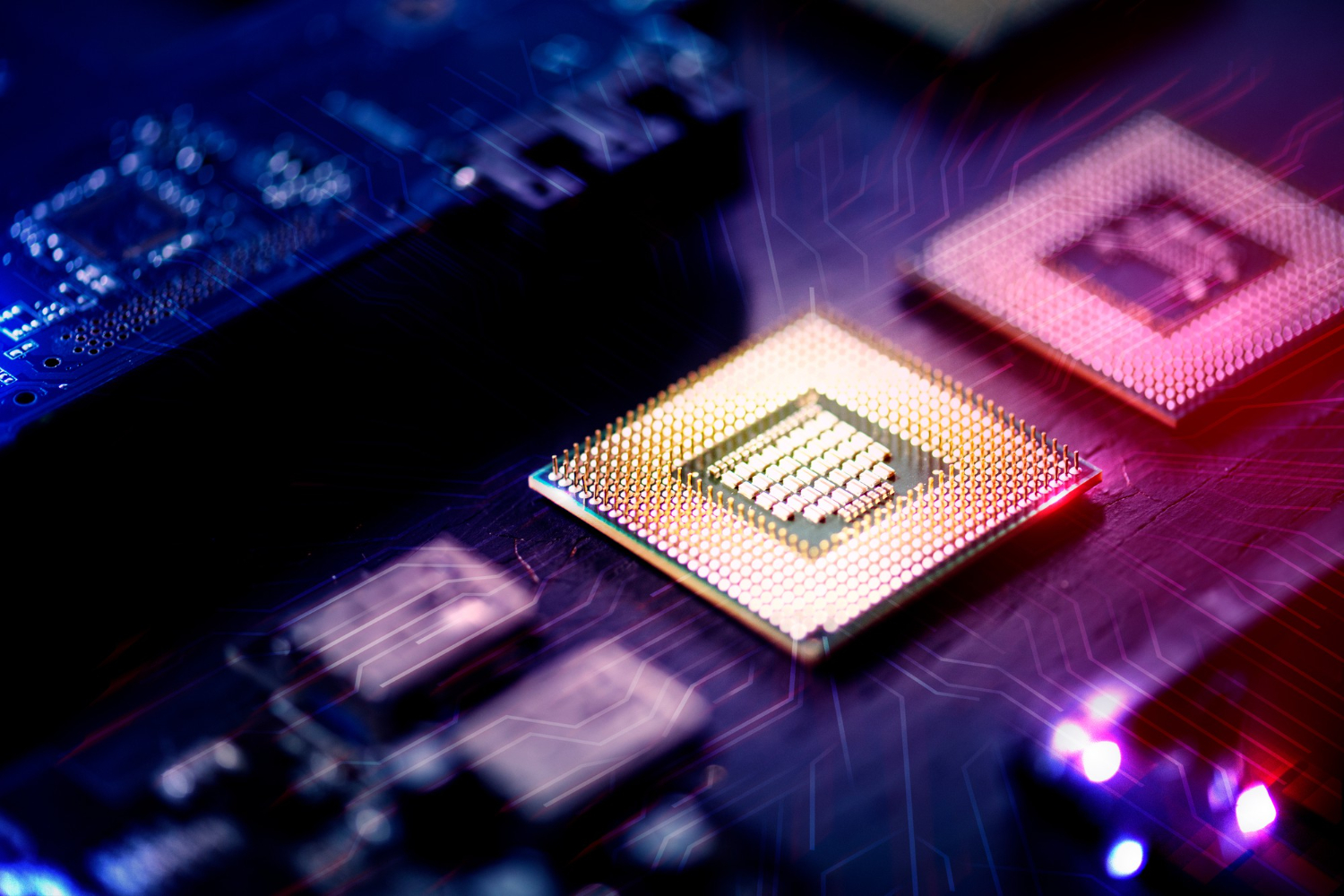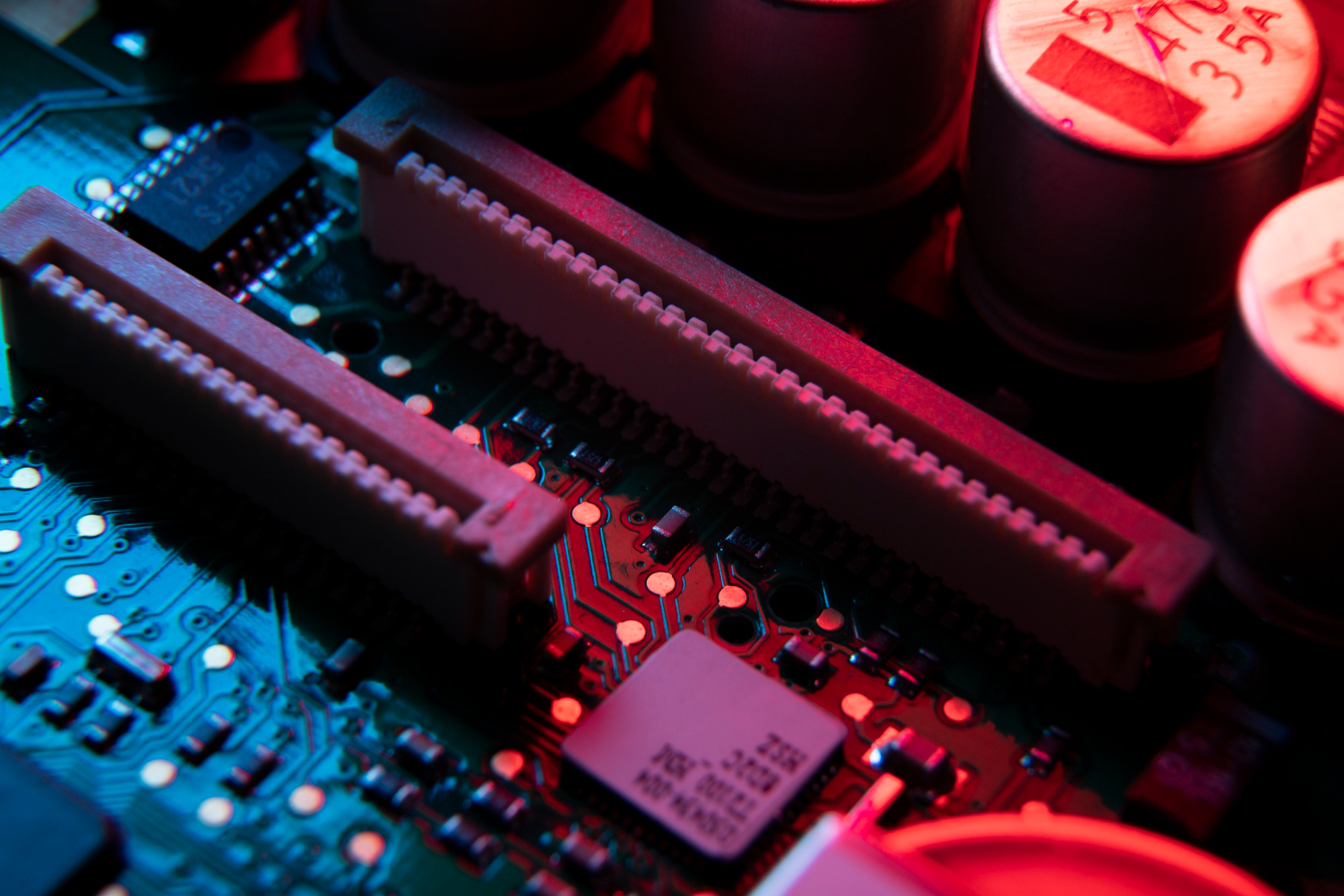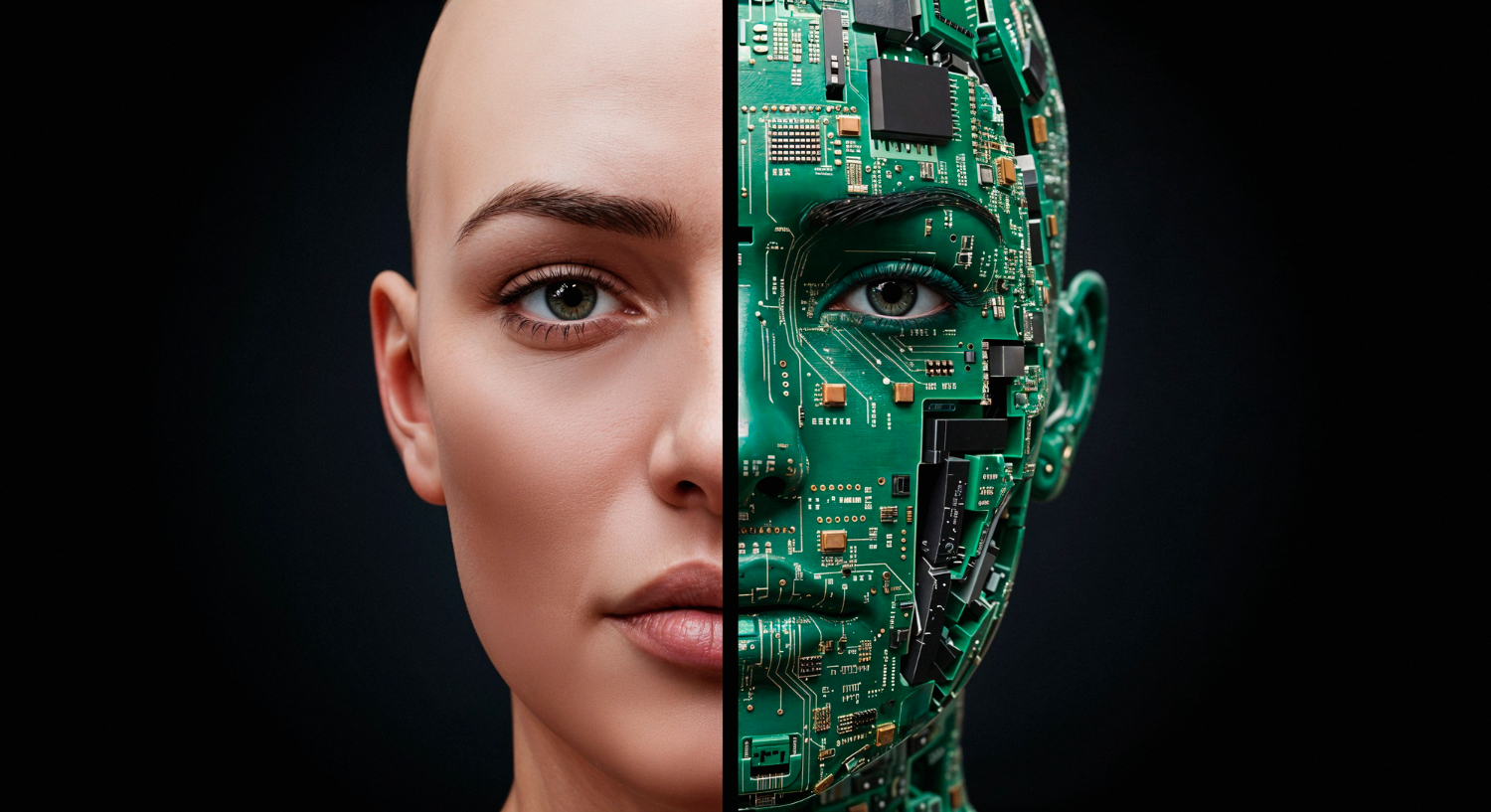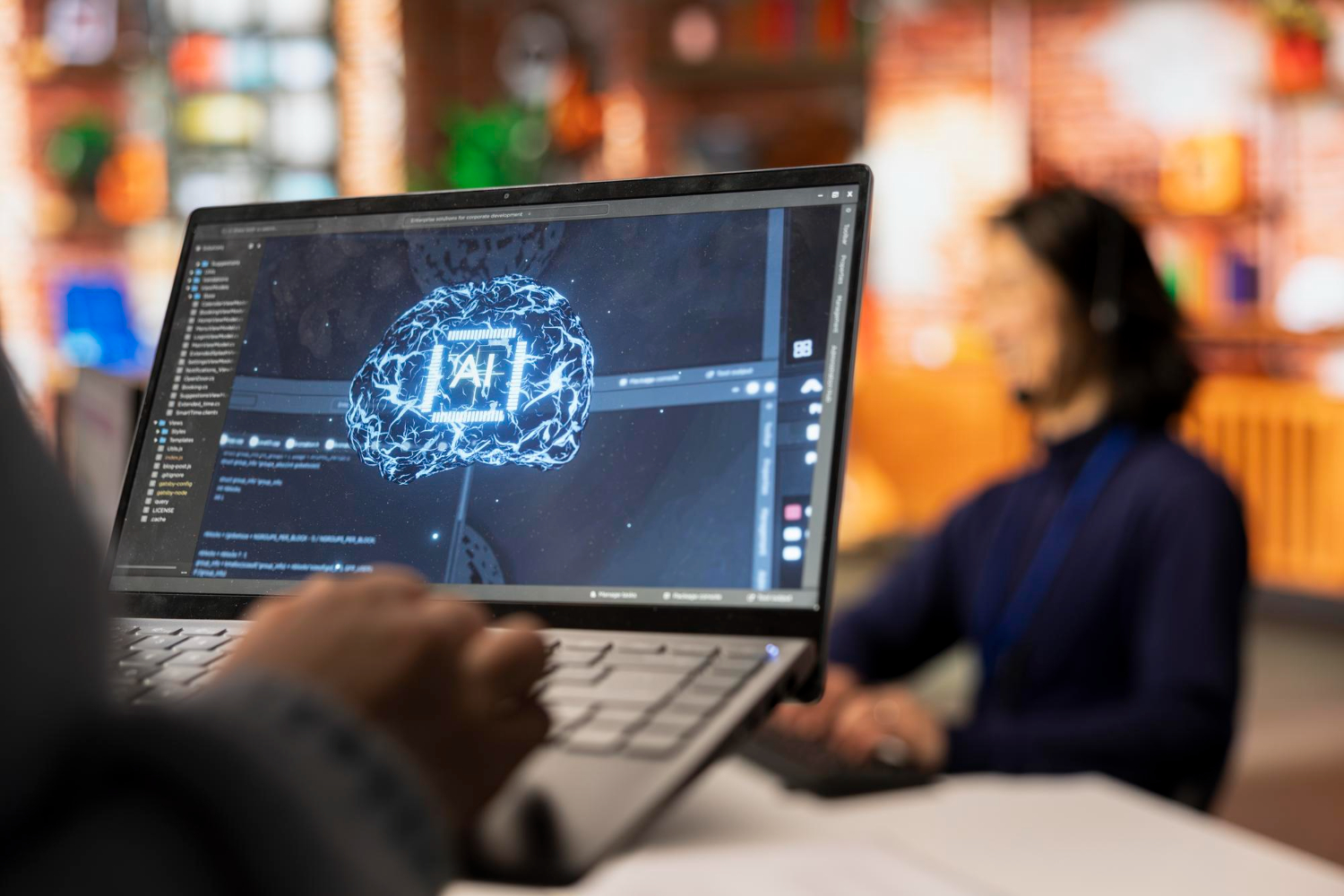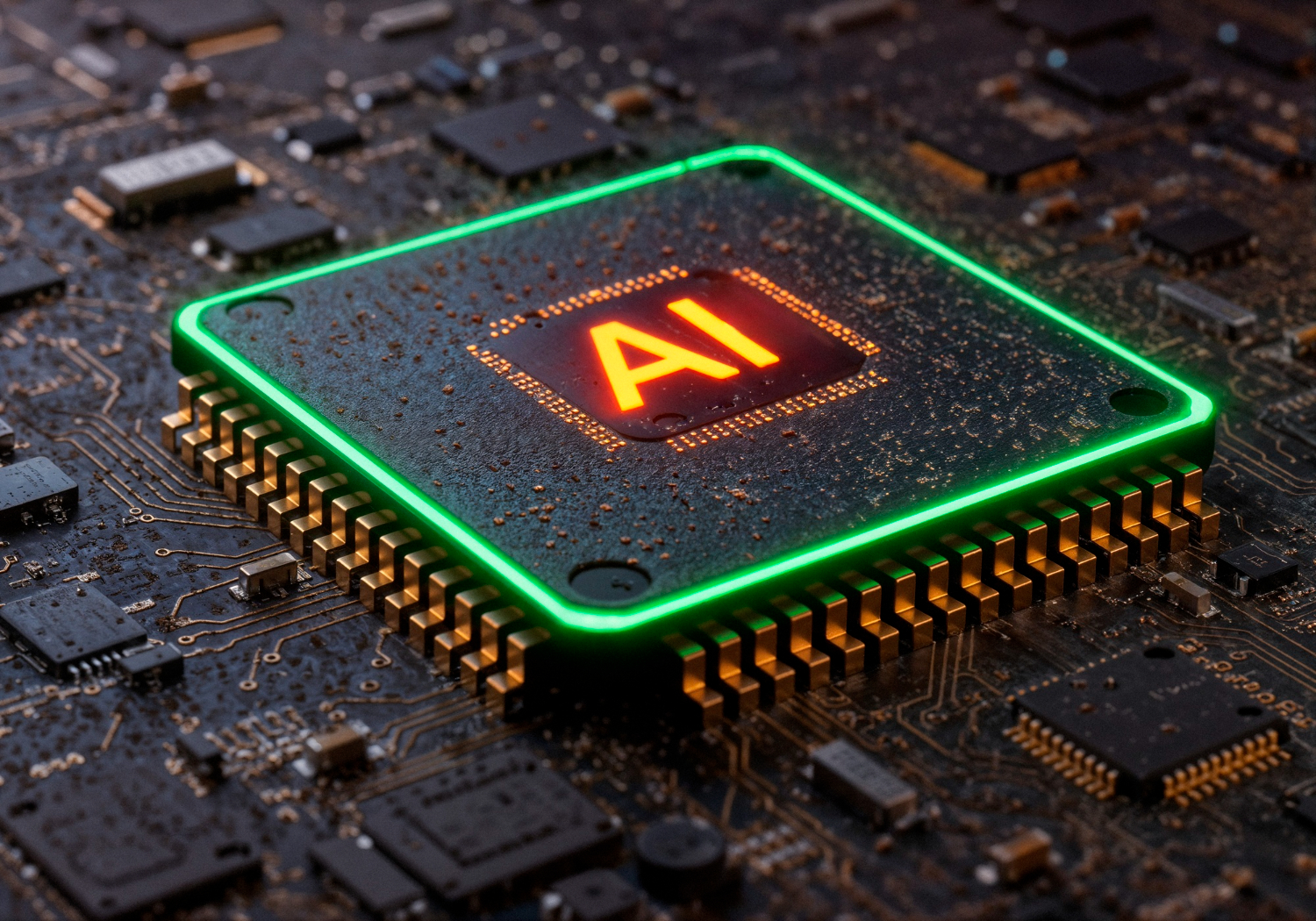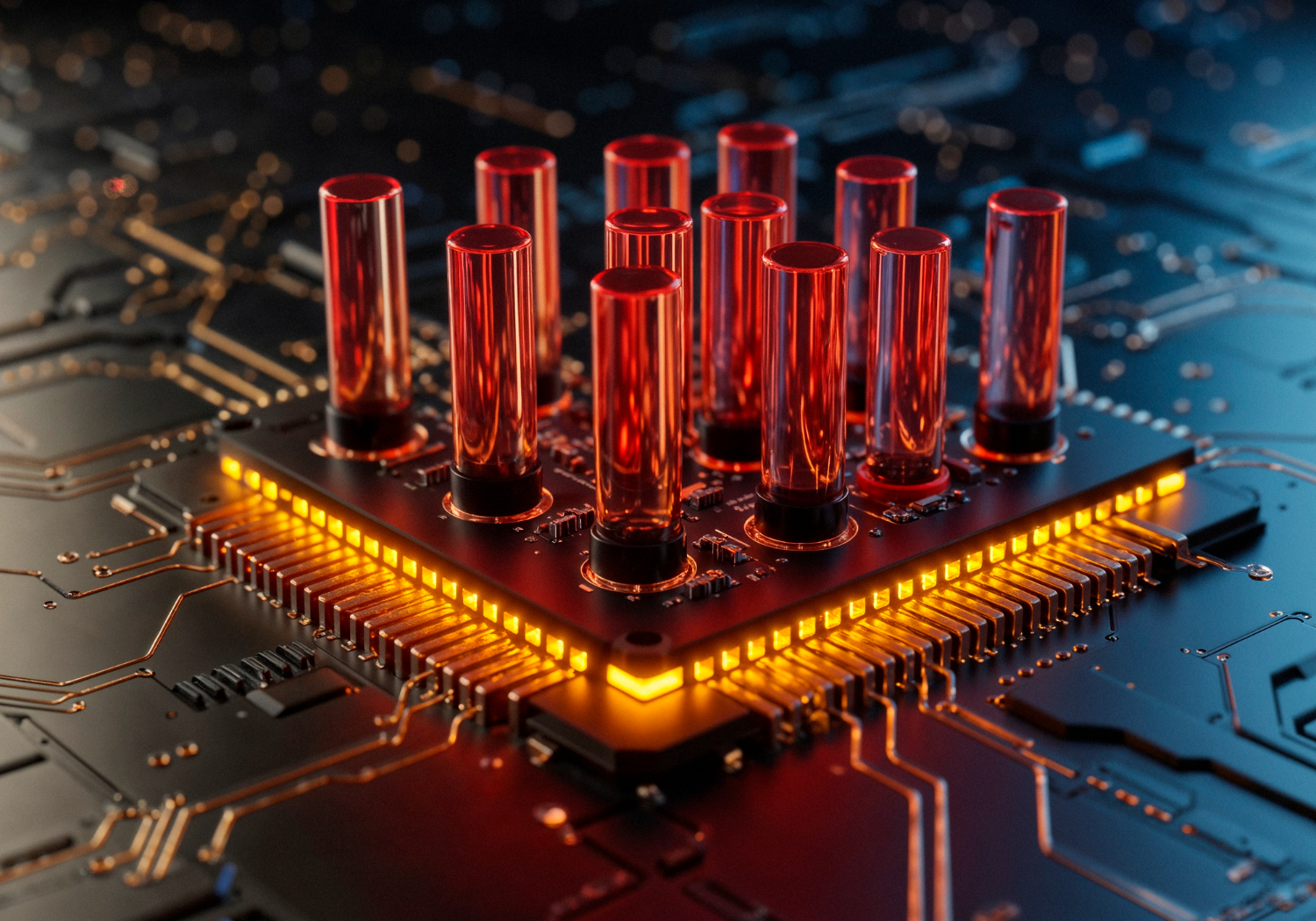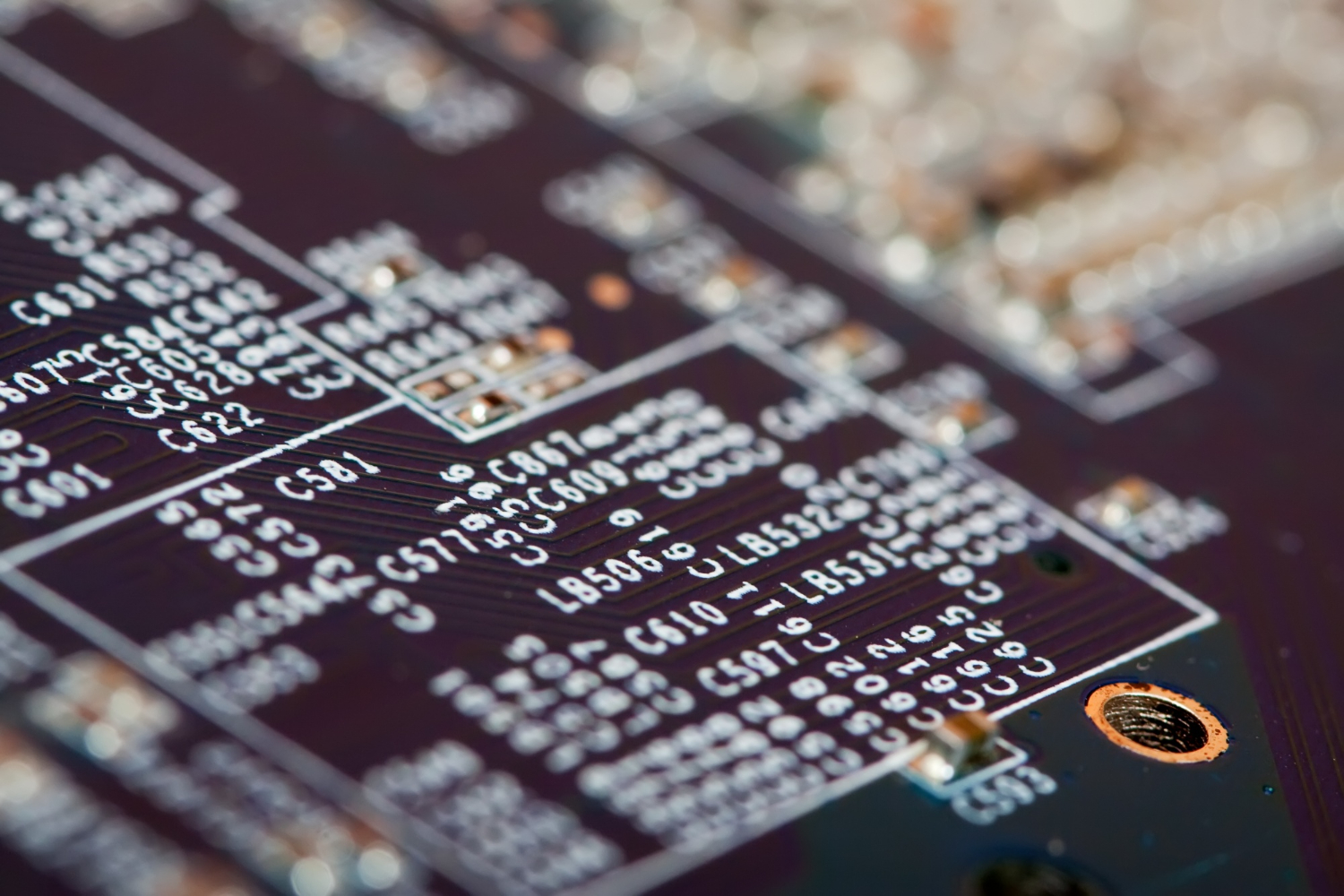In today’s manufacturing landscape, computer vision plays a pivotal role in driving efficiency and productivity across various stages of the production cycle. By acquiring artificial intelligence (AI) and advanced image processing techniques, computer vision systems can perform a myriad of tasks. It includes quality control, assembly line monitoring, inventory management, and beyond.
One of the key applications of computer vision in manufacturing is quality control. Companies can detect defects and anomalies in real time by deploying computer vision technology on the production line. Doing so would ensure that only high-quality products reach the market. This not only minimises waste but also enhances customer satisfaction and brand reputation.
Computer vision systems can also streamline the assembly line process by automating repetitive tasks and identifying potential bottlenecks. By analysing images captured from the production line, these systems can optimise workflow efficiency and identify opportunities for process improvement.
Moreover, this technology enables mass producers to optimise supply chain management by providing real-time insights into inventory levels, production rates, and demand forecasting. Producers can accurately track and manage inventory with AI-powered image recognition algorithms, ensuring seamless coordination between suppliers, distributors, and retailers.
In addition to its quality control and process optimisation applications, computer vision technology also plays a crucial role in predictive maintenance through 3D models. Utilising 3D models of equipment and machinery generated from computer vision data, manufacturers can anticipate potential issues before they occur.
These models provide detailed insights into the condition of assets, allowing maintenance teams to identify signs of wear and tear, corrosion, or other errors. This information enables predictive maintenance strategies to proactively schedule repairs or replacements, minimising downtime and avoiding costly breakdowns. Ultimately, the combination of computer vision and 3D models empowers manufacturers to maintain their equipment more efficiently, prolong asset lifespans, and ensure smooth production processes.
In the United States, computer vision technology has succeeded in various manufacturing aspects, demonstrating its effectiveness. For instance, in automotive manufacturing plants, computer vision systems analyse data sets comprising a wide range of images captured from the production line.
These systems perform specific tasks, such as identifying defects in automotive parts, with accuracy comparable to human intelligence. By seamlessly integrating into the production process, computer vision technology enhances quality control, improves efficiency, and reduces manufacturing costs across different industries.
TechnoLynx specialises in developing custom AI solutions tailored to the unique needs of manufacturers. Our team of AI experts uses cutting-edge AI algorithms and machine learning models to build computer vision systems that drive tangible business outcomes. Whether it’s enhancing quality control processes, streamlining production workflows, or optimising supply chain management, we empower manufacturers to gain the full potential of computer vision technology.
In addition to traditional manufacturing applications, computer vision technology holds immense potential in emerging areas such as autonomous driving cars and robotics. By integrating such systems into these technologies, manufacturers can enhance safety, efficiency, and overall performance.
With TechnoLynx’s expertise in computer vision technology, manufacturers can stay ahead of the curve and unlock new opportunities for innovation and growth. By using the power of AI-driven computer vision solutions, manufacturers can achieve higher levels of efficiency, productivity, and rivalry in today’s fast-paced manufacturing landscape.
Read our related article for a more detailed review of the topic!
Image by Freepik


